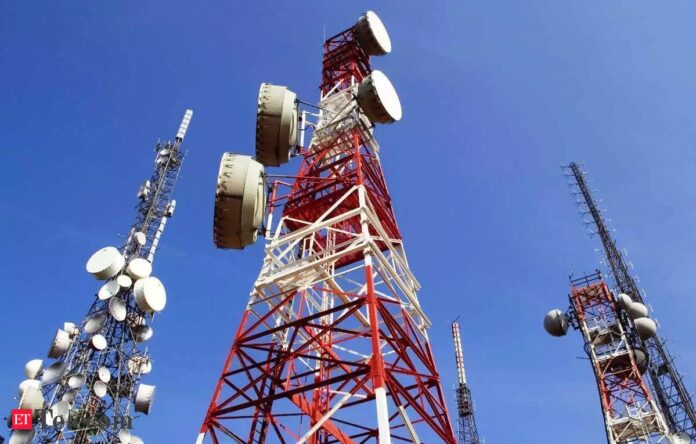In Short:
The Department of Telecommunications (DoT) in India has set stricter rules for public procurement, requiring at least 50-65% local content for 36 telecom products, like routers and switches. Stakeholders can comment on this draft within 15 days. These changes aim to boost local manufacturing and competitiveness, supporting the “Make in India” initiative and promoting indigenous technologies in tender processes.
New Delhi: The Department of Telecommunications (DoT) has announced a new set of stringent public procurement norms aimed at increasing local value addition in telecommunications products. This initiative underscores the government’s commitment to enhancing domestic manufacturing capabilities.
Scope of the New Norms
The DoT has specified that the revised procurement standards will apply to 36 telecommunications products, including routers, ethernet switches, media gateways, customer premises equipment, and GPON equipment. The minimum local content requirement for these products is expected to exceed 50%, with certain products necessitating a minimum local content of 65%.
Stakeholders such as telecom operators and manufacturers are invited to submit their feedback on this draft notification within 15 days.
Implementation and Compliance
The new norms will be applicable to procurements made by all attached or subordinate offices, autonomous bodies under the Government of India, state-run companies, and local bodies that undertake purchases under all Central schemes, including those partially funded by the Centre. Additionally, the regulations extend to projects funded by the Universal Service Obligation Fund (USOF).
In a bid to further tighten these norms, the government, in July of this year, excluded imported items obtained through local resellers and distributors from the calculation of local content. Furthermore, payments for royalties and technical charges made outside India, as well as the supply of repackaged and refurbished goods, have also been excluded from the local content calculation, as per guidelines issued by the Department of Promotion of Industry and Internal Trade (DPIIT).
Supplier Classification
The identified products under this initiative exhibit adequate local capability and competition. As part of the public procurement process, preference will be given to class-I suppliers. In instances where a class-I supplier cannot fulfill an order, a class-II supplier will be considered.
A class-I local supplier is defined as one whose goods and services possess local content of at least 50%, while a class-II supplier has a local content level of 20%. Notably, manufacturers participating in the Production Linked Incentive (PLI) scheme for telecom and networking products will be classified as class-II suppliers for the enumerated products.
Industry Implications
According to Paritosh Prajapati, CEO of GX Group, “Introducing minimum content requirements for public procurement of telecom products is a crucial step to strengthen the domestic industry. It will enhance the global competitiveness of Indian manufacturers, boost exports, and position India as a global telecom hub.” It is worth noting that GX Group is a beneficiary of the telecom equipment PLI scheme and produces GPON equipment, among other products.
In line with its commitment to support indigenous technologies, the DoT has also indicated that the inclusion of proof of concept (PoC) may be allowed in tenders and requests for proposals (RFPs) as a substitute for qualifying experience, where relevant.





